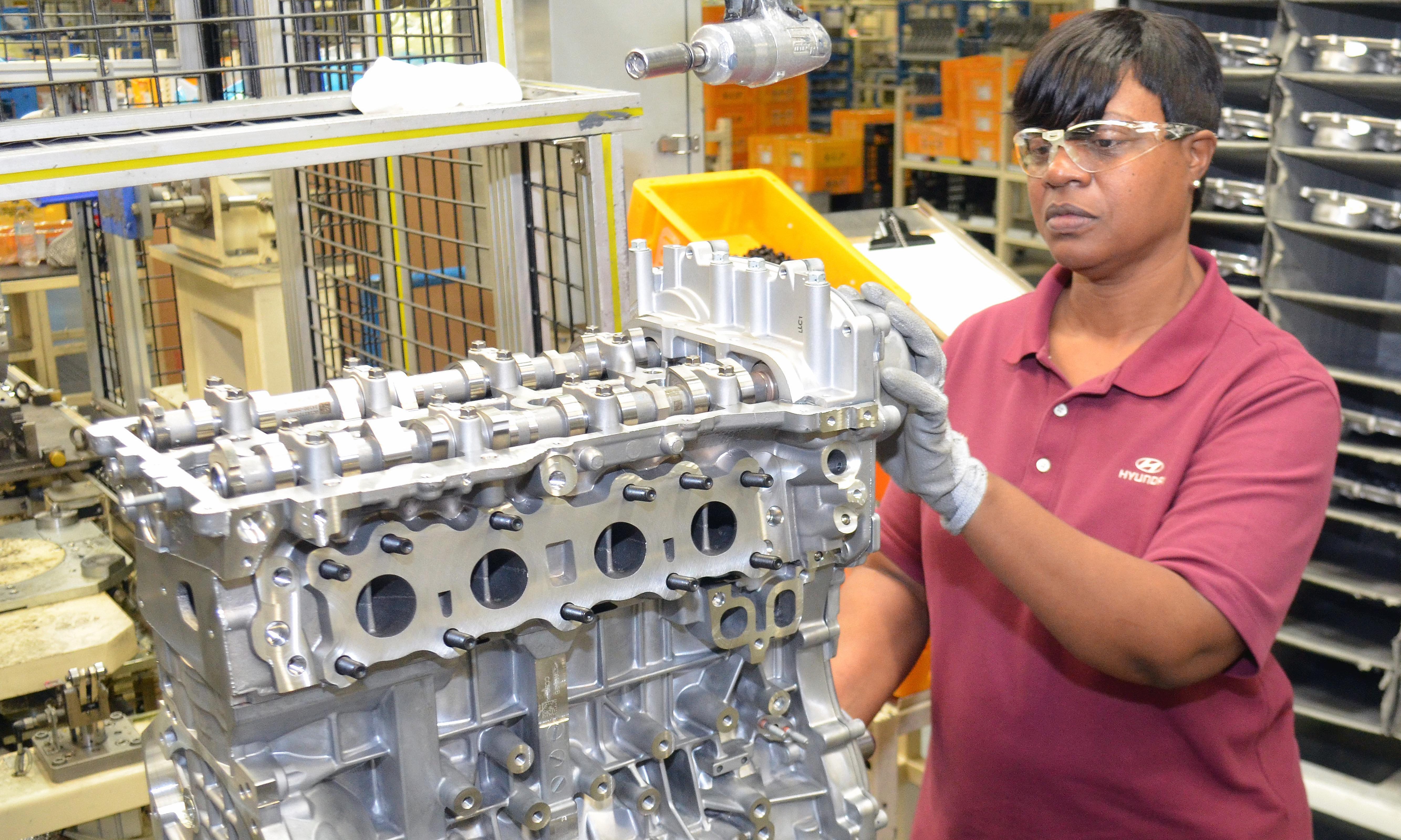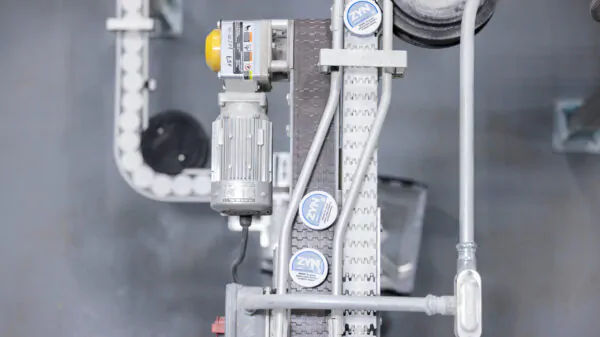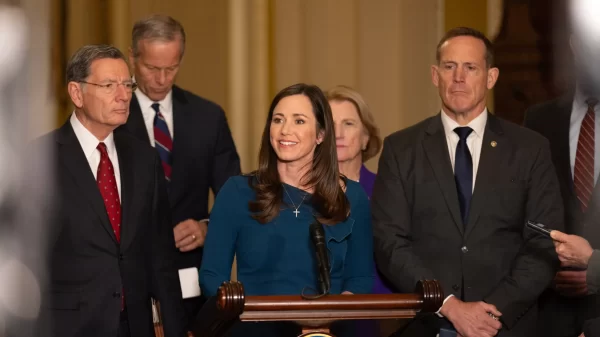Alabama Sen. Doug Jones, a Democrat, and Tennessee Sen. Lamar Alexander, a Republican, crossed party lines Thursday in writing a letter to Commerce Secretary Wilbur Ross urging him to reconsider a tariff on imported vehicles.
The two senators said the proposed 25 percent tariff — proposed by President Donald Trump — could threaten auto manufacturing jobs and business not only in Alabama, which has a massive auto industry, but in other states that have large auto manufacturing sectors.
“We share with you and President Trump the goal of bolstering our nation’s security and making sure that our trade policy is balanced and works for American workers and businesses,” the two senators’ letter states. “We are worried though that tariffs on the automotive industry will serve neither of these purposes, and instead put hundreds of thousands of American jobs at risk including many in our home states.”
The proposed tariff would affect all imported cars, trucks and auto parts, potentially raising the price of production and assembly that takes place at foreign-owned plants in Alabama and other states.
Trump’s proposed tariffs target not only manufacturers in Japan and China but could affect America’s allies closer to home, including Canada and Mexico. The administration has attempted to justify the tariffs by calling the U.S. trade deficit with the Japan, EU, Mexico and Canada a “national security issue.”
The Trade Expansion Act of 1962 gives the president the power to place tariffs on imports if they threaten national security.
“The Administration’s 232 investigation centers on the national security impact of the automotive industry in the United States,” the letter reads. “We can assure you that reducing the size of our state’s automotive manufacturing base will not bolster our nation’s security.”
Mercedes-Benz was one of the first foreign manufacturers to open an assembly plant in Alabama in 1993, and since then, Alabama’s auto manufacturing industry has boomed. Honda, Hyundai and Toyota have since launched operations in Alabama and their arrival triggered the growth of a network of second- and third-tier suppliers across the state.
Alabama is in the Top 5 of states for auto production, with vehicles becoming Alabama’s No. 1 export. Last year, nearly 1 million cars and light trucks were manufactured in the state between the different companies along with 1.7 million engines.
Vehicles made in Alabama are exported to more than 85 nations across the globe, topping $9.5 billion in worth. A large portion of those shipments are to Germany and Canada, two nations which will be targeted by Trump’s proposed tariffs.
Almost 40,000 jobs are in Alabama’s auto manufacturing industry. Some 27,000 of those jobs are from auto suppliers, which includes 200 companies across the state.
Earlier this year, Toyota-Mazda announced a joint venture to build a $1.6 billion assembly plant in Huntsville. Construction will begin in 2019 on that facility, which is slated to employ at least 4,000 workers at full production.
Last week, Hyundai announced a near-$400 million expansion of its Montgomery assembly plant.
“We hope you will take into consideration the vital role the automotive industry plays in our states and the well-being of the tens of thousands of American workers who rely on this sector to make ends meet,” the letter reads.
The full letter:
Dear Secretary Ross:
We are writing in response to the Commerce Department’s investigation under Section 232 of the Trade Expansion Act of 1962 into whether imports of automobiles, including SUVs, vans and light trucks, and automotive parts into the United States threaten our national security.
We share with you and President Trump the goal of bolstering our nation’s security and making sure that our trade policy is balanced and works for American workers and businesses. We are worried though that tariffs on the automotive industry will serve neither of these purposes, and instead put hundreds of thousands of American jobs at risk including many in our home states.
Auto manufacturers and suppliers employ nearly 200,000 of our constituents and that number is growing. These are good jobs employing American workers. Over the past several years the automotive industry, including foreign manufacturers, has invested billions in our states and created thousands of jobs.
However, as a result of the Department’s investigation, automotive companies are currently facing the threat of direct and retaliatory tariffs, which could mean hundreds of millions of dollars of additional costs. To absorb these costs, automotive companies in our state could be forced to either raise prices or cut costs. Either scenario directly translates into lost jobs for our constituents.
The Administration’s 232 investigation centers on the national security impact of the automotive industry in the United States. We can assure you that reducing the size of our state’s automotive manufacturing base will not bolster our nation’s security.
In closing, we hope you will take into consideration the vital role the automotive industry plays in our states and the well-being of the tens of thousands of American workers who rely on this sector to make ends meet.























































